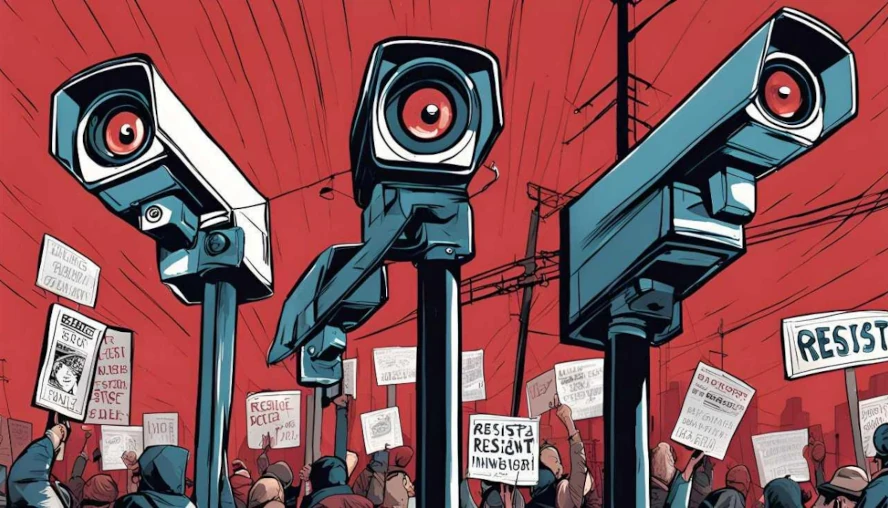Anybody who thinks Bitcoin has any semblance of privacy is a fool
Ha! That selling point lasted 5 minutes.
Damn, this was a fantastic write-up. Thank you.
Even assuming an observer somehow knows the serial number of a spent bill, there is no central database tracking cash transactions. There is no history attached to cash, and no further trail for the observer to follow. While it is unlikely that an observer knows which specific bill you owned, it is downright impossible for the observer to know how you came into possession of said bill, or how it will be spent in the future.
I’d push back on this. Many people get cash from a bank ATM. Businesses often deposit the cash they receive back into a bank. Truthfully I think there are very few hops between the cash withdrawal and deposit, and banks can easily check serial numbers and associate them with you. So an observer like the government/financial authority can probably piece together in most cases how you came into possession of a bill based on ATM withdrawal and where you spent it, based on deposit.
I think this same method is why Bitcoin’s privacy is lacking. Satoshi said in the Bitcoin paper that privacy can be maintained by ensuring our addresses remain pseudonymous. In reality, that’s just too difficult to do and too much information is leaked because addresses can be tracked and traced and labelled especially when going to and from exchanges when people want to pay for things that do not accept cryptocurrency. So, although I don’t think Bitcoin’s privacy is better than cash, mostly to the point that serial numbers are not recorded on non-bank cash transfers, I think it’s wrong to say cash is “downright impossible” to track.
Dynamic Intelligent Currency Encryption (DICE) is a technological concept designed to enhance the security of paper currency. The system tracks and monitors banknotes in circulation using identifiable characteristics, allowing for the remote devaluation of banknotes involved in fraudulent activities or criminal transactions
https://en.wikipedia.org/wiki/Dynamic_intelligent_currency_encryption
Granted, but searching bank records requires a warrant and you’d have to have one for all possible banks. Donations might be tracked (if not made in person), but distribution of donations are a whole another story since the people involved were already debanked…they could only spend the cash and they would likely mostly spend the cash in places that didn’t scan bills. Even if they directly deposited the money into the bank, there would be no record of who got the donated money (remember, the people involved were debanked so the only way for them to get the cash if it were directly given to them). With Bitcoin, there’s a clear trace from donator to donation collector to debanked person stored in the blockchain so it can be retrieved for analysis at leisure. With AI it’s possible to greatly narrow down the path to the extent that standard police leg work and warrants can find the path with a high degree of accuracy.




